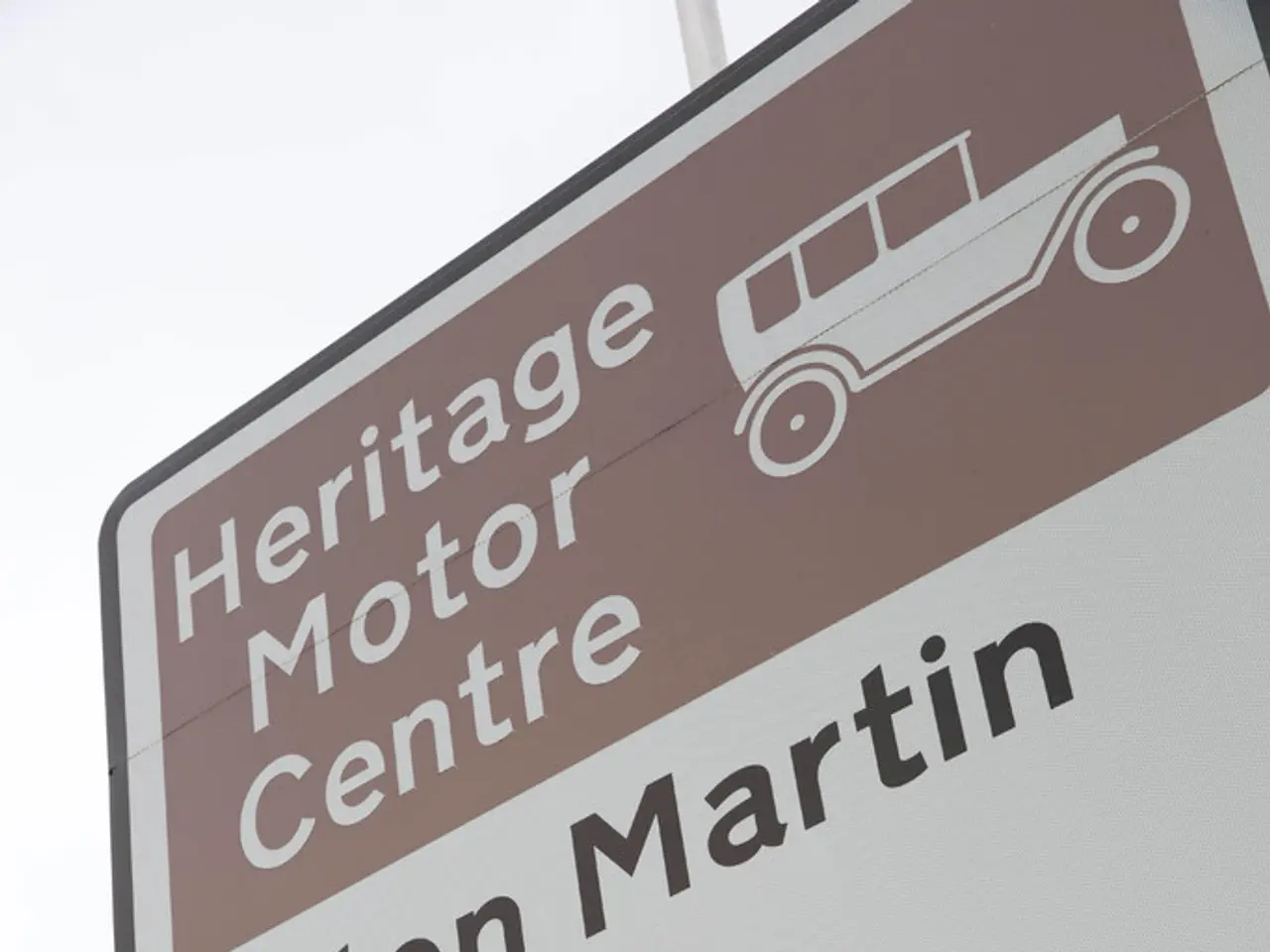Classic car owners receive clarification as DVLA implement alterations
DVLA Announces Major Policy Changes for Classic Vehicles
The Driver and Vehicle Licensing Agency (DVLA) has unveiled significant policy changes aimed at streamlining the registration process for repaired, restored, and modified classic vehicles. The new measures, effective from August 26, follow an in-depth review and collaboration with government officials and industry responses to a Call for Evidence launched in May 2024.
The Federation of British Historic Vehicle Clubs (FBHVC) and the Historic and Classic Vehicles Alliance (HCVA) have been instrumental in advocating for these changes. Both organizations have raised concerns over instances where classic cars lost their original identification after restoration, or were refused registration altogether.
The HCVA praises the DVLA for its engagement and commitment to delivering new policies that support the classic vehicle sector. Lilian Greenwood, Minister for the Future of Roads, stated that these changes aim to cut red tape, make life easier for enthusiasts, and celebrate the UK's motoring heritage.
Vehicles with significant structural modifications will retain their original Vehicle Identification Number (VIN) and registration number, but the DVLA must be notified. Repaired and restored vehicles that match the original working standard and do not affect V5C details will no longer need to be reported.
The FBHVC acknowledges the time and effort DVLA staff have put into addressing these concerns and appreciates their careful consideration of their submissions. The HCVA also welcomes the changes, stating that they encapsulate how industry and government collaboration can lead to better outcomes.
The new policies recognize new technologies, techniques, and improved materials, and place the retention of historic identity at the forefront of registration policy. The classic vehicle sector is estimated to support over 100,000 skilled jobs and is a thriving export market, while also preserving automotive heritage for enthusiasts and the public alike.
The FBHVC is encouraged by the revised policies and the change to a more sympathetic and pragmatic approach to the registration difficulties of older vehicles. The HCVA considers the new policies a significant achievement for the entire classic vehicle industry.
However, it is worth noting that organizations involved in lobbying to resolve uncertainties in the DVLA licensing system and contributing significantly to the new DVLA licensing policy are not directly named in the search results. Thus, specific organizations and their contributions to this legislative change cannot be identified from the provided sources.
In conclusion, the DVLA's policy changes aim to provide greater clarity for owners, restorers, and the classic vehicle industry, ensuring the preservation and celebration of the UK's rich automotive heritage.
Read also:
- Upcoming iPhone Model: What We Understand Thus Far
- Gambling establishments issue warnings about potential hip and knee injuries due to risky activities
- Classified Spacecraft Enigmas Project (CEP)
- Swiss Casino Association Publishes 2023 Annual Report: Expanded Membership and Growing Online Revenue Yield Favorable Outcomes








